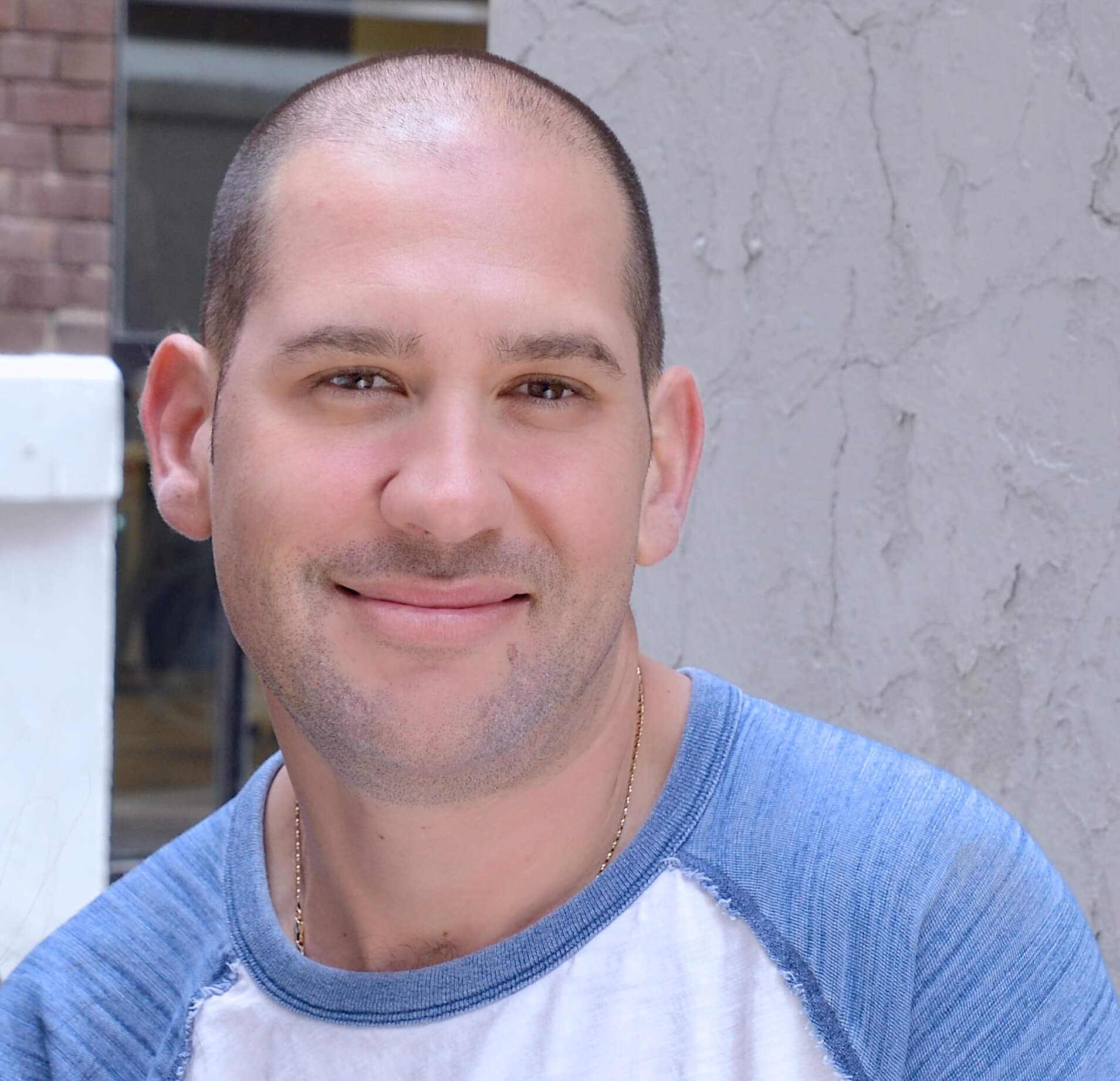- Example active heading
- Example heading
I recently spoke with Jacqueline Vong, founder and president of Playology International, about managing cash flow. Over the course of the interview, she tossed out the term “slush fund” in a positive way rather than with its more nefarious connotation, which was interesting because I thought I was the only person who did that.
The term “slush fund” comes from the era of the actual pirates of the actual Caribbean. The cooks working in ship gallows would skim off the meat grease (known as the slush) because it was in high demand by candle makers and other merchants. The cooks would sell the slush in port, use their proceeds (the slush fund) to live very well away from the boat, and party their way into history as an inspiration to side hustlers everywhere.
You’ve Probably Heard the Term “Slush Fund” in a Different Context
Today, however, slush fund is usually linked to a politician or someone in power ciphering funds to keep in their back pocket for quietly taking care of unexpected inconveniences. While I’d never condone such behavior, the strategy makes good sense. Every business needs some just-in-case money.
Slush Fund = Money Put Aside for When You REALLY Need It
Here’s what we mean about a slush fund for your business: Emergency Cash, Rainy Day Money and D’oh Dough, which may be my favorite alternative.
A slush fund isn’t “savings,” because it’s not for anything specific like retirement or planned expansion. And it’s not “petty cash” because it’s not for incidentals like catering an unexpected client lunch in your boardroom. And while you should be actively building your corporate savings and making sure to have petty cash on hand, a slush fund is its own thing and it should be respected because life’s curveballs come in fast, especially for entrepreneurs.
Dipping Into Your Slush Fund Can Be a Good Sign
Sometimes, you need the money because the fruits of your labor are paying off, and you need a little bump to put yourself over the finish line. For example:
- You networked your tail off for four months and secured a once-in-life opportunity you know you could land and would regret passing up, but it’s going to cost you $4,500 in prep and travel to put your best foot forward. You’d dip into your slush fund to nail the pitch and close the business.
- After an exhaustive search for a new sales director, you found a candidate you love and who loves you, but your competitor is offering them a $6K signing bonus. You’d raid your slush fund for $7,500 to knock your competitor out of the running.
Or It Could Be to Get Yourself Out of Trouble
You-know-what happens, and sometimes your only option is to suck it up and deal with it. In those moments, having what you need to handle it on your own (i.e., without insurance money, which will raise your premiums), could be your best option. For example:
- You sent a large run of billboard ads to print but missed a typo that now extends your client’s generous offer for a year longer that they expected to run it, and they’re holding you accountable. You’d leverage your slush fund to cover the reprint costs.
- You thought you found the next big thing, but you were wrong and now you have debts to importers, shippers, graphic designers, and printers. You’d empty your slush fund to pay it all off and start building it again with an important lesson learned.
How Do You Build a Slush Fund?
My thinking was (and is) that a slush fund becomes more important as a business gets bigger, has more experiences, and is exposed to more opportunity and risk. That’s why I felt okay building my slush fund slowly and methodically over time. From the beginning, I ciphered 1.5% of my monthly revenue into my slush fund. I set up my business bank account to do it automatically and I track it in my bookkeeping software. I never noticed it missing day to day, but I really noticed when I had the money to take advantage of a down commercial real estate market and significantly upgrade my office.
If you’re a new business putting aside 1.5% a month (which amounts to $1.50 for every $100 you bring in), you won’t see much of a bump quarter over quarter—and that’s okay because you probably won’t need the money anyway so keep building it.
Whether you’re new or established, there will absolutely be times when you don’t think you can afford to part with 0.0015% of your revenue, much less 1.5 percent. I’d strongly encourage you to stick with it, if for no other reason than to maintain strong habits.
BTW, there will also be times when dipping into your slush fund isn’t practical or when your slush fund balance won’t quite cut it. That’s when a business line of creditcomes in handy.
When Should You Start Building a Slush Fund?
Should you start building a slush fund now? Yes. But if you think it’s silly or a waste, know this: I thought the same thing when I opened my business. Then I started putting away the 1.5% on the strong advice of my accountant. After a while, I didn’t really notice that I was stashing some money aside—until it was there when I needed it.
If you start now, it’ll be there for you too.




%202.png)


